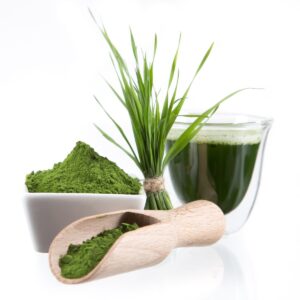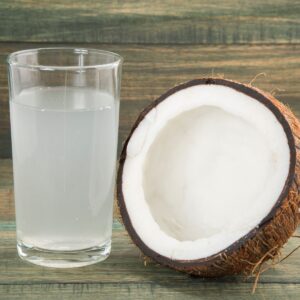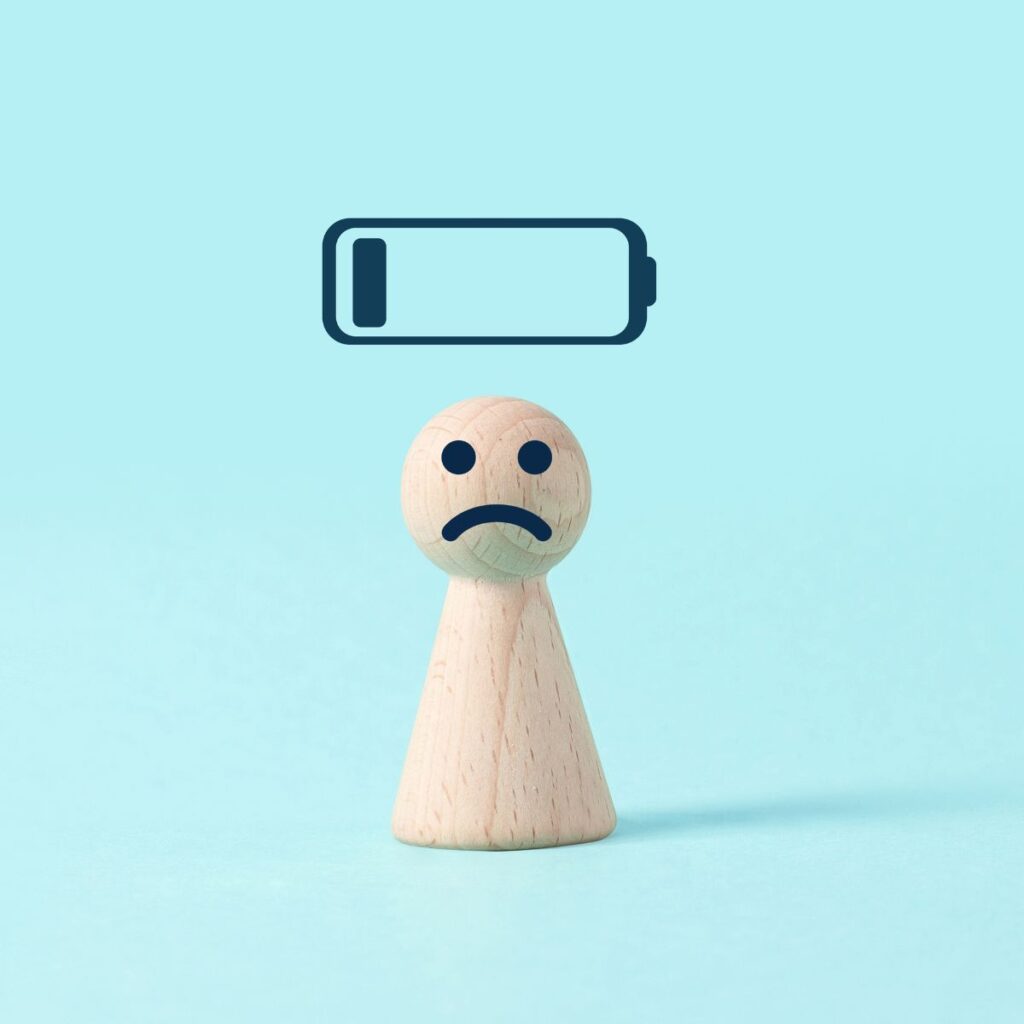Blog
Always Tired? Discover the Root Causes of Fatigue and Natural Energy Boosters
Are you constantly exhausted, struggling with brain fog, or feeling like no amount of rest is enough? If yes, you’re not alone. Many people today live in a state of low energy without realizing the root causes. At the center of it all might be one overlooked culprit: poor mitochondrial function.
Let’s break down why you’re feeling drained—and most importantly, how to get your energy back naturally.
The Powerhouse Problem: Your Mitochondria and Chronic Fatigue
Mitochondria are the tiny energy factories inside your cells. They’re responsible for producing ATP (adenosine triphosphate), the molecule that powers nearly every process in your body. But when your mitochondria aren’t functioning well, energy production drops—and fatigue takes over.
Signs of Poor Mitochondrial Function:
- Persistent tiredness or chronic fatigue
- Brain fog and forgetfulness
- Muscle weakness or slow recovery after workouts
- Cold hands and feet
- High sensitivity to stress
- Low metabolic rate or unexplained weight gain
- Reduced stamina and poor exercise tolerance
- Frequent colds or low immunity
How to Support Mitochondria and Recharge Your Body Naturally
Improving mitochondrial function involves a holistic approach—targeting stress, diet, movement, and detox pathways.
Natural Mitochondria Support Tips:

- Start with proper drainage: sluggish lymph or liver function slows everything down. Focus on hydration, gentle movement, and herbal support like milk thistle or dandelion root.
- Practice intermittent fasting: Give your body a break from digestion so it can focus on repair; you can drink herbal teas and green juices.
- Add sauna therapy and cold showers: Heat stress (followed by cold exposure) stimulates mitochondrial biogenesis—but go slow if you have histamine issues.
- Exercise gently but regularly: walking, yoga, and stretching are powerful when done consistently.
- Eat nutrient-dense whole foods: Think leafy greens, wild salmon, healthy fats, spirulina, and chlorella.
- Cut out ultra-processed foods: these drain your energy and feed inflammation.
Sleep Is the Foundation of Energy
- Don’t underestimate this: no energy-boosting strategy works without quality sleep.
- Aim for 7.5–9 hours per night, ideally starting between 9–10 PM to sync with your body’s natural rhythm.
If you struggle with insomnia, try

- Magnesium bisglycinate (300–400 mg/day).
- Lavender oil or chamomile tea.
- Avoiding blue light before bed.
- Reducing caffeine and sugar intake, especially before bed.
Hormones, Fatigue, and Your Energy Crisis
Energy isn’t just about sleep or calories—your hormones play a massive role.
The Role of Hypothyroidism
Your thyroid gland governs metabolism, temperature regulation, and, yes, mitochondrial activity. When it’s sluggish, fatigue is almost inevitable.
Symptoms of thyroid-related fatigue: weight gain, cold sensitivity, brain fog, constipation, and brittle hair/nails.
Root causes: chronic stress, gluten and dairy sensitivity, selenium or iodine deficiency, and exposure to toxins like pesticides or glyphosate.
Support your thyroid with:

- Selenium-rich foods (Brazil nuts, eggs)
- Iodine (seaweed, fish)
- Detox support: turmeric, cilantro, and chlorella
- Avoiding gluten and processed dairy
If you need a full protocol about the best natural solutions for helping you combat hypothyroidism and heal from it follow the link below and subscribe to this protocol:
Hypothyroidism Healing Protocol
Adrenal Fatigue: When Stress Depletes You
Your adrenal glands produce cortisol and adrenaline—the hormones that manage stress and energy. In today’s high-stress lifestyle, adrenal fatigue is common.
What drains your adrenals: poor diet, emotional stress, overworking, toxins, and lack of sleep.
When cortisol levels remain high for too long, they can trigger insulin resistance, which in turn promotes inflammation and muscle breakdown—ultimately leaving you feeling drained and chronically fatigued.
Solutions:

- Adaptogens: Ashwagandha, maca root, tulsi (holy basil)
- B Vitamins: Especially B1—found in nutritional yeast—supports adrenal and nerve health
- Morning sunlight: Just 15 minutes daily boosts natural melatonin and resets your circadian rhythm
Move Your Body, Boost Your Energy
Movement is medicine. A sedentary lifestyle creates stagnation and fatigue.
- Exercise tip: Even 30 minutes of walking or gentle movement, three times a week, can boost mitochondrial health.
- Break the sit-cycle: Set a timer to move every 30 minutes for 5 minutes—desk bikes, standing desks, and simple stretches help.
- Avoid overtraining: For those with adrenal issues, too much intense cardio may worsen fatigue.
Gut Health and Nutrient Absorption: The Energy Connection
Poor digestion leads to poor nutrient absorption, leaving you feeling low energy.
Conditions like SIBO, leaky gut, or acid reflux often block your body from absorbing essential vitamins—especially iron, B12, vitamin D, and magnesium, which are crucial for energy production.
Rebuild your gut with:
- Bone broth
- Probiotic-rich foods (yogurt, kefir, sauerkraut)
- Digestive bitters or enzymes
Consider:
- Rule out anemia: Especially if you’re often tired and pale
- Check vitamin D and B12 levels
Hydration: The Most Overlooked Energy Booster
You don’t need another coffee—sometimes, you’re just dehydrated.
Even 2% dehydration impairs focus and memory
Hydration checklist:
- Drink 8+ cups of water daily, depending on body size and climate
- Include electrolytes: sodium, potassium, and magnesium
Best foods for hydration:

- Coconut water
- Cucumber
- Watermelon
- Celery
- Pomegranate
- Beets
Top potassium-rich foods: Avocados, sweet potatoes, bananas, white beans, dried apricots, mushrooms, and spinach
Final Thoughts: Your Energy Is Worth Protecting
If you’re still feeling tired despite sleeping well, it’s time to dig deeper. Fatigue is never “just in your head.” It’s often a signal of deeper imbalances—nutritional, hormonal, emotional, or cellular.
By nourishing your mitochondria, balancing your hormones, managing stress, and optimizing your gut and hydration, you can finally reclaim your energy naturally.
If you’d like to learn more about the key causes of fatigue and the best natural solutions to boost your energy and fight exhaustion, watch the full episode by Dr. Fajer Aljumairy on her YouTube channel below:

